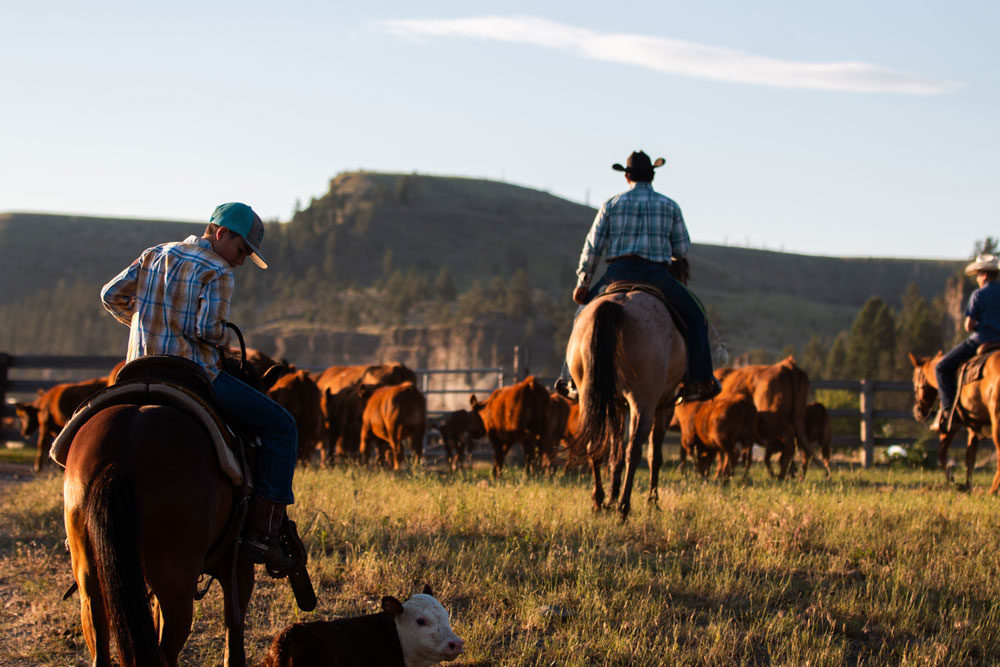
When I was a much younger man, I worked as a wrangler and horsemanship instructor while learning to train horses. In the process of working with young horses, I found myself learning a great deal about authority, discipline, battles of the will, and oddly enough, issues of trust. In training horses, a trainer must establish his or her authority. It must be made clear what is expected and what is unacceptable, as well as what is acceptable and pleasing to the trainer. This requires patience and consistency in instruction, discipline, and reward. The good trainer helps a horse learn to yield its will and submit without crushing the horse’s spirit, rendering the animal a trembling, fearful, apprehensive mess simply striving to avoid harsh punishment. The good trainer wants the horse to want to please him or her. This aspect requires the establishment of trust. The horse must come to trust the trainer, to believe the trainer only wants what is best. This is not possible without the horse also acknowledging and accepting the trainer’s authority, will, and direction. When the trainer and horse come together in this way, purposeful things happen.
I must admit that I failed more than I succeeded and that during those years, I learned more about myself than horses and more about faith than training. The relationship between horse and trainer that I was engaged in every day served up a beautiful and often incisive picture of faith and obedience, or the lack thereof; of trust and submission, or the lack thereof. It impressed upon me what it takes to live life with purpose and for a purpose. It opened my eyes to my own lack of trust and stiff-necked spiritual willfulness. It tied together for me in a profound way the relationship between faith and obedience, between trust and submission. If we truly believe and if we truly trust, then we desire to know God and to please God, yielding our will to His. There is a verse in the Bible, one that I studied during my horse training apprenticeship, that speaks to this relationship between faith and obedience, between trust and submission. In Hebrews 11:6 we read, “And without faith it is impossible to please Him, for whoever would draw near to God must believe that He exists and that He rewards those who seek Him.” If we believe that God exists and is good, we trust Him and this pleases Him. Pleasing God requires faith. At the same time, faith leads to a desire to please God. This belief is not merely faith “in Him” like a child believes in Santa Claus; rather, it is a deep and abiding conviction that He is real, which in turn leads to acting like it by trusting Him and submitting to His authority.
I have been thinking on this quite a bit lately as an educator and student of culture. Obedience and submission are not high value ideas in our day. The words do not evoke positive connotations culturally and are often viewed as repressive. Likewise, faith and trust are seen as antiquated and naively sentimental values. However, these ideas are organic to the Christian faith. We believe faith and obedience to God and trust and submission to His will lead to a purposeful life. It may be true that these stand in stark contrast to the prevailing contemporary beliefs that we are the masters of our own lives, that we are the truth makers, that we know what is right and best, that we ourselves determine what is moral and good and acceptable, and that we should seek only to please ourselves. But faith in God and trusting Him shapes our thinking and judgments, our understanding, and our decisions as well as our actions.
We begin with the idea that there is a God and that He has revealed Himself to us in creation and in Holy Scripture. Belief in God as Creator carries with it the assumption that He has authority over creation and His creatures, including humankind, who are made in His image and likeness. As such, God has expectations and standards, so we seek to live lives that are pleasing to Him. God’s existence, authority, and transcendence are things we hold to be true. They are not true simply because we wish them to be. We believe they are true as a matter of conviction, and we accept them as truth and live accordingly. Our faith in God’s authority informs our obedience, and our trust in God’s goodness compels our submission. We believe this is the key to a purposeful life and the Christian way.
This article first appeared in-print in the Bucks County Courier Times on January 29, 2023.




